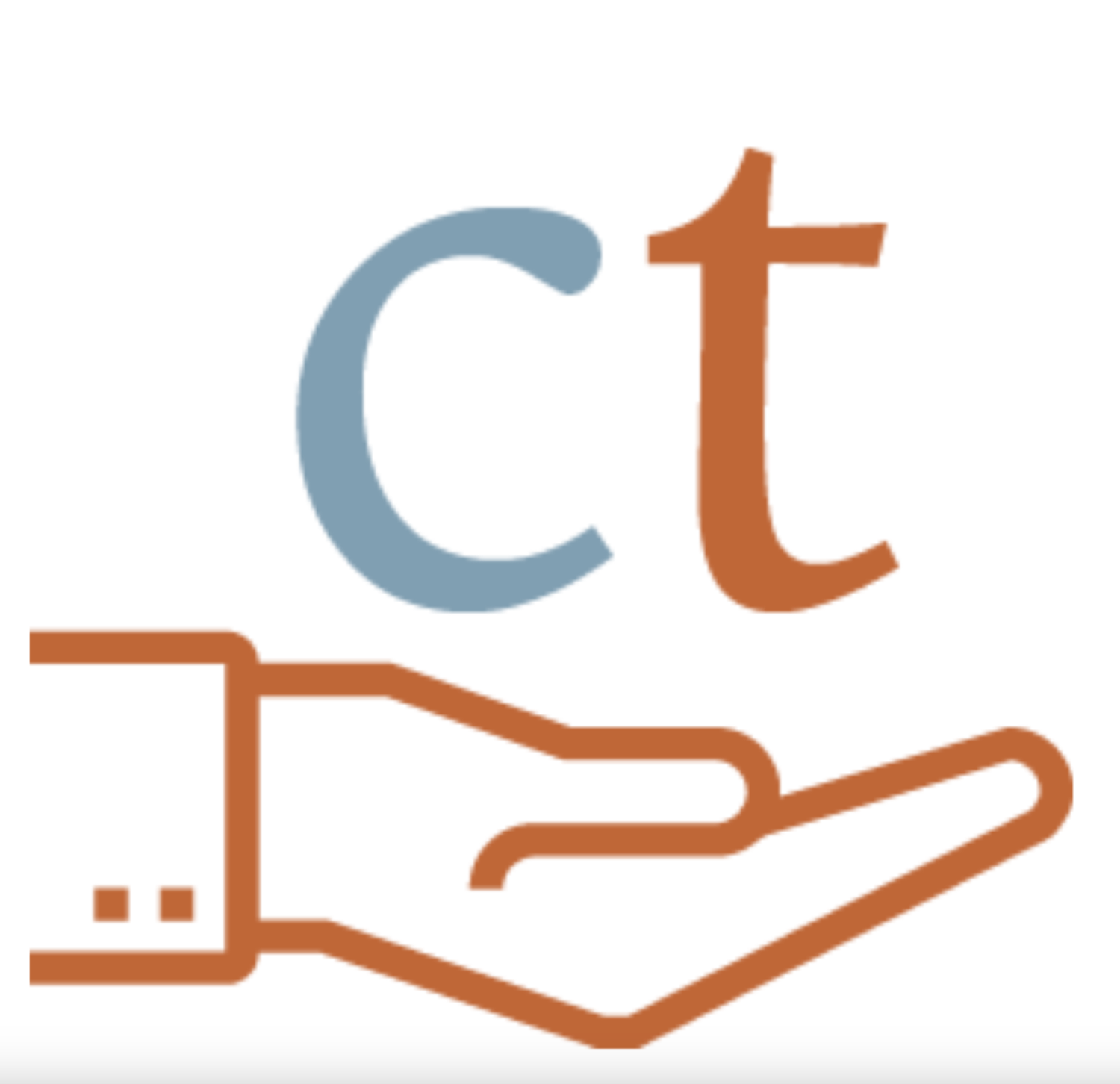Phobias
What are phobias?
Phobias are intense, irrational fears of specific objects, situations, or activities that pose little or no actual danger. While it’s natural to feel apprehensive in certain situations, people with phobias experience excessive fear that can interfere with daily life. Phobias can develop from past experiences or be learned over time, and they can affect people of all ages. Phobias can be overwhelming, but they don’t have to control your life. With evidence-based treatments, exposure therapy, ACT, and CBT, you can learn to manage your fears and reclaim your daily activities. If you or someone you love is struggling with a phobia, reaching out for help is the first step toward overcoming it.
Contents
What Are Phobias?
Types of Phobias
Symptoms of Phobias
Causes of Phobias
Treatment for Phobias
What to Look for in a therapist
What Are Phobias?
A phobia is an anxiety disorder characterized by an overwhelming fear of a specific situation, object, or activity. People with phobias often go to great lengths to avoid the things that trigger their fear, which can significantly limit their ability to function normally in daily life.
Phobias are more than just feeling anxious or stressed; they involve a debilitating level of fear that is disproportionate to the actual risk.
Types of Phobias
Phobias can be categorized into three main types:
Specific Phobias – Fear of particular objects or situations, such as spiders (arachnophobia), flying (aviophobia), heights (acrophobia), or injections (trypanophobia).
Social Phobia (Social Anxiety Disorder) – An intense fear of social situations where one might feel embarrassed, judged, or scrutinized by others.
Agoraphobia – Fear of being in places where escape might be difficult, such as crowded spaces, open areas, or situations that make one feel trapped. This can sometimes lead to avoiding public places altogether.
Symptoms of Phobias
The symptoms of a phobia can vary in severity but often include:
Intense anxiety or panic when exposed to the phobic object or situation
Rapid heartbeat or palpitations
Shortness of breath
Dizziness or lightheadedness
Sweating or trembling
Nausea or gastrointestinal distress
A strong desire to escape or avoid the feared situation
The severity of the symptoms typically depends on the proximity or likelihood of encountering the source of fear.
Causes of Phobias
While the exact cause of phobias is unknown, several factors may contribute:
Traumatic Experiences: A frightening or negative experience involving the object or situation can lead to a phobia.
Learned Behaviors: Phobias can sometimes be learned from family members or peers who have similar fears.
Genetic Factors: Some people may be more predisposed to developing anxiety disorders, including phobias, due to family history.
Brain Chemistry: Imbalances in neurotransmitters or heightened activity in the fear-related brain regions can contribute to the development of phobias.
Treatment for Phobias
Phobias are treatable, and several effective therapies can help clients manage their fears:
Evidence-Based Therapy
ACT and exposure therapy (a form of CBT) has been shown to be helpful for many clients with phobias. Treatment involves gradually and safely exposing a person to the feared object or situation while learning how to embrace the anxiety and be more present. This process helps the client learn that what the mind says is not always accurate and they are capable of embracing difficult emotional experiences.Mindfulness Exercises
Mindfulness exercises such as breathing, progressive muscle relaxation, or guided imagery can help clients manage anxiety and stay present.Medications
In some cases, medications such as anti-anxiety drugs or antidepressants may be prescribed to help manage the symptoms of phobias, especially if the fear is severe or disabling. Medications are often used in combination with therapy for the best results.
What to Look for in a Therapist
When seeking treatment for a phobia, it’s important to find a licensed therapist who specializes in anxiety disorders and has experience using Cognitive Behavioral Therapy (CBT) or exposure therapy. You can ask the following questions when choosing a therapist:
How experienced are you in treating phobias?
What approach do you use, and how does exposure therapy work?
How long is the typical course of treatment for phobias?
Do you use any specific techniques to track progress?
It’s essential to work with someone you feel comfortable with and who understands your unique needs.

